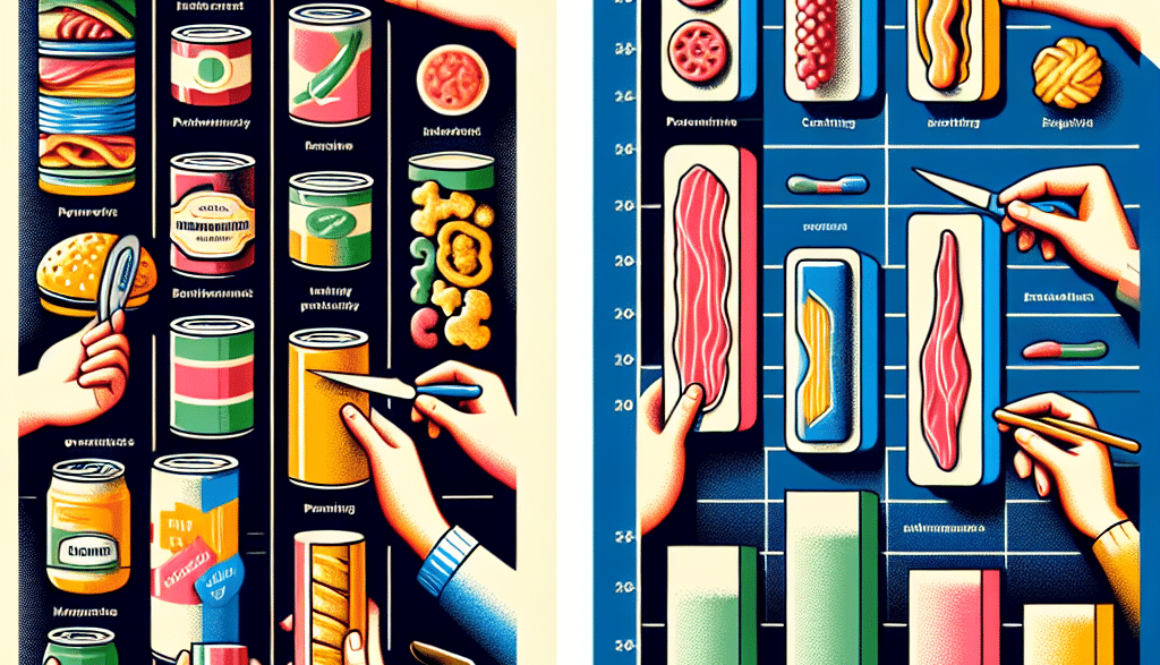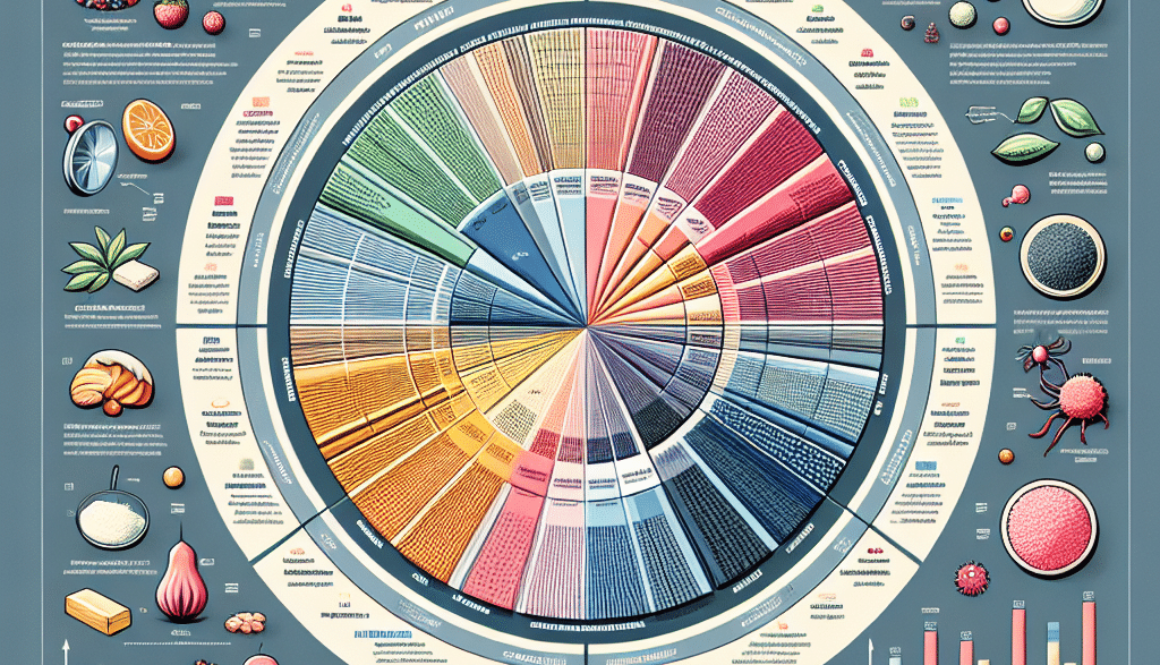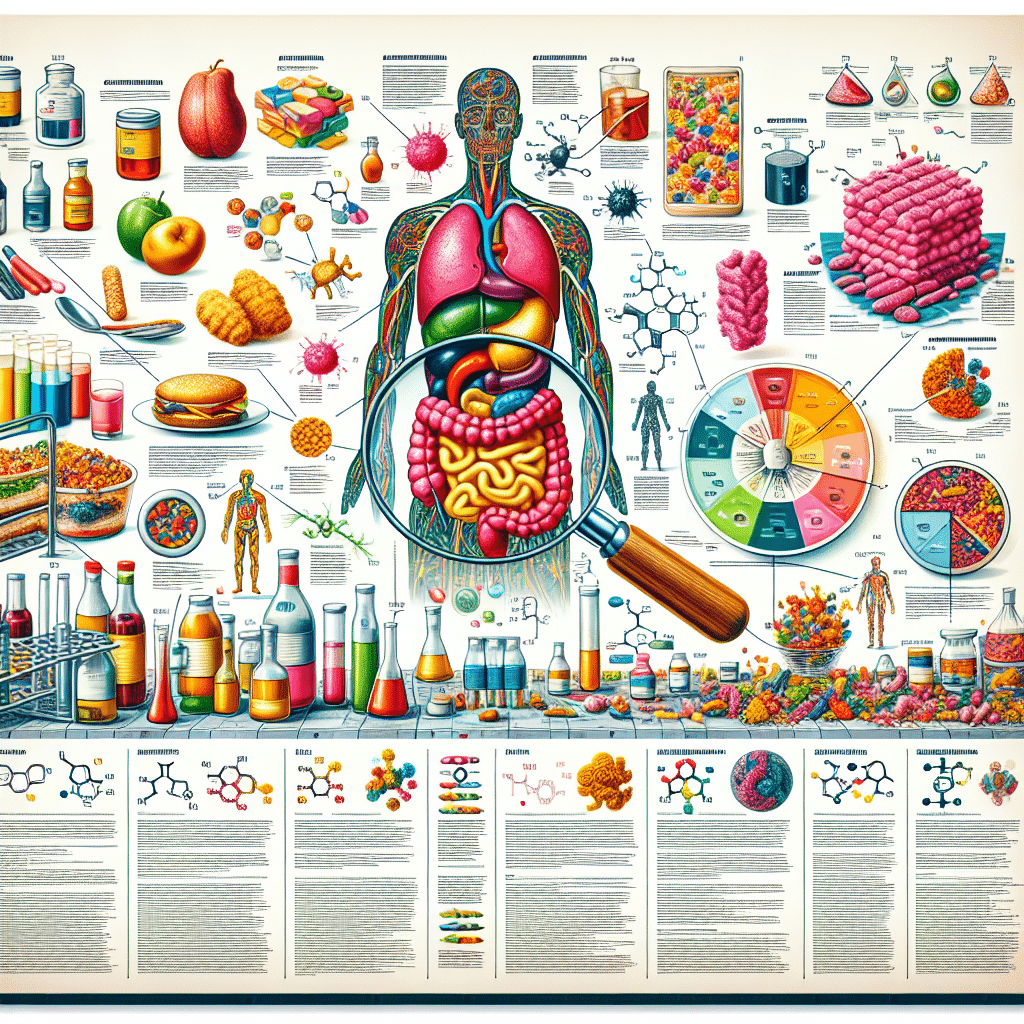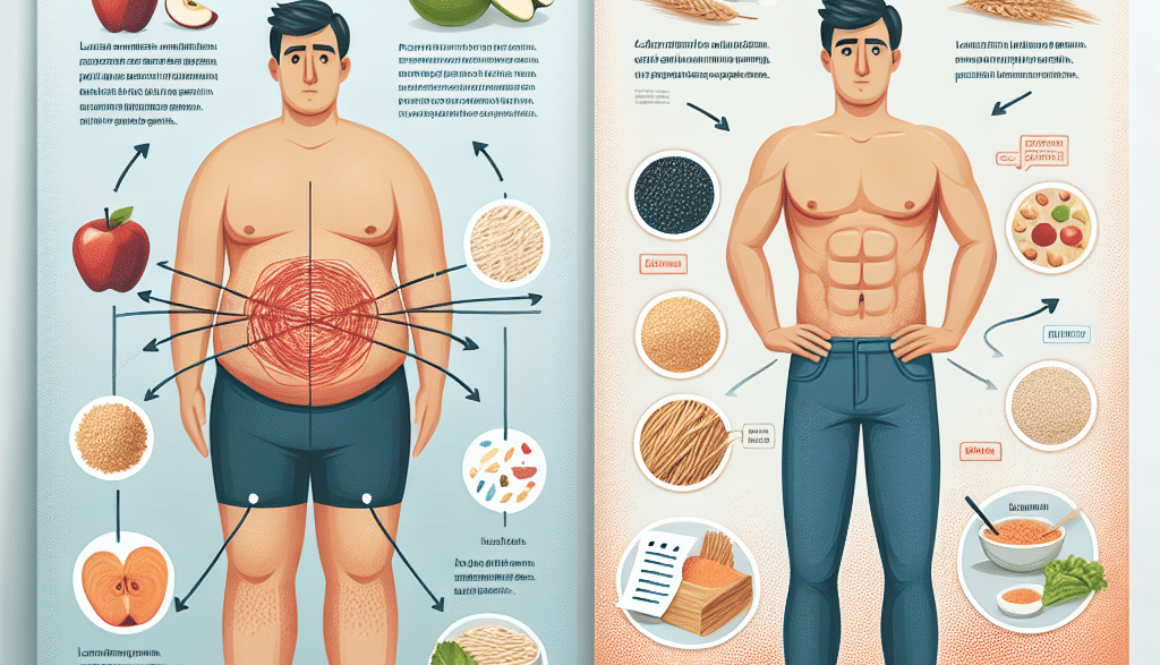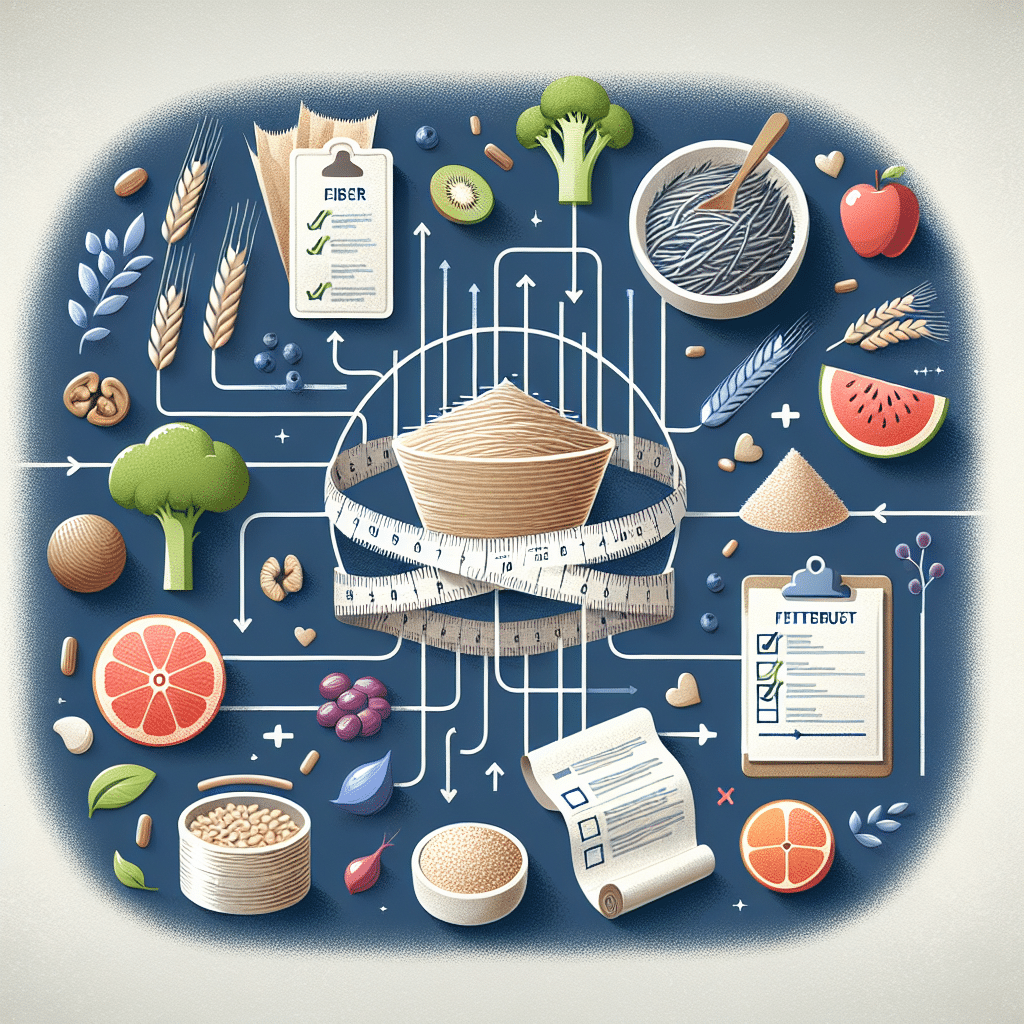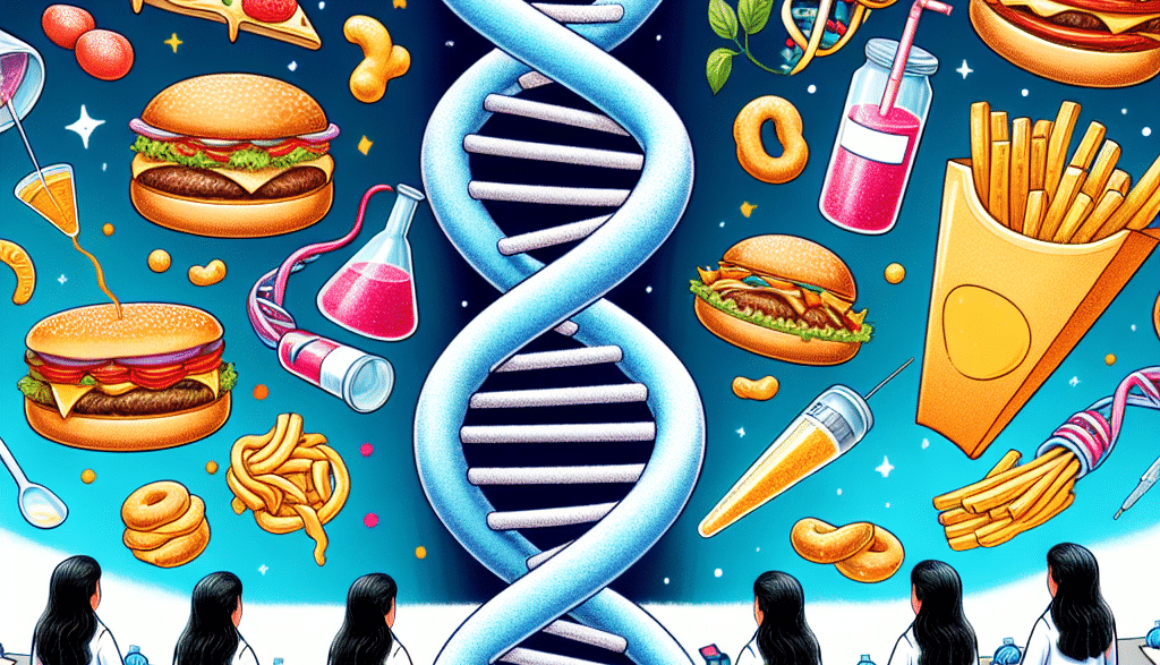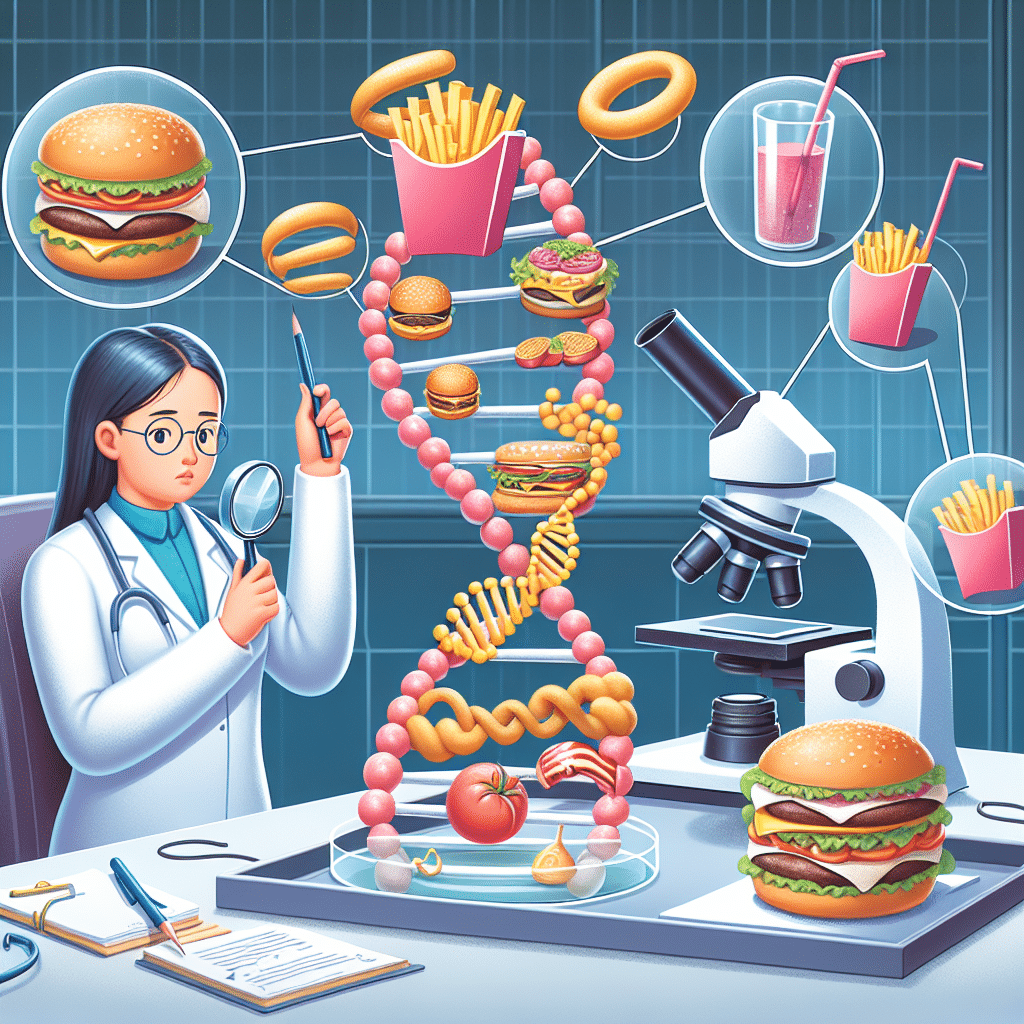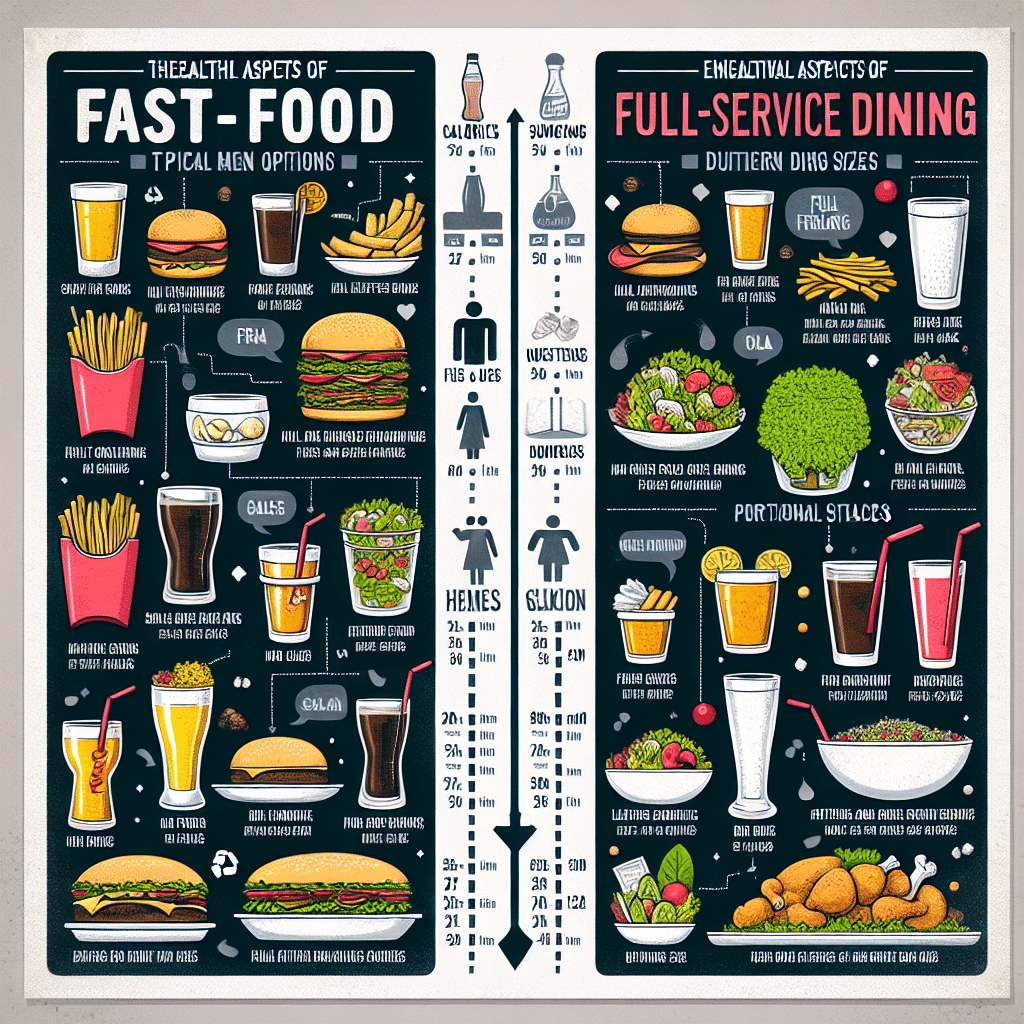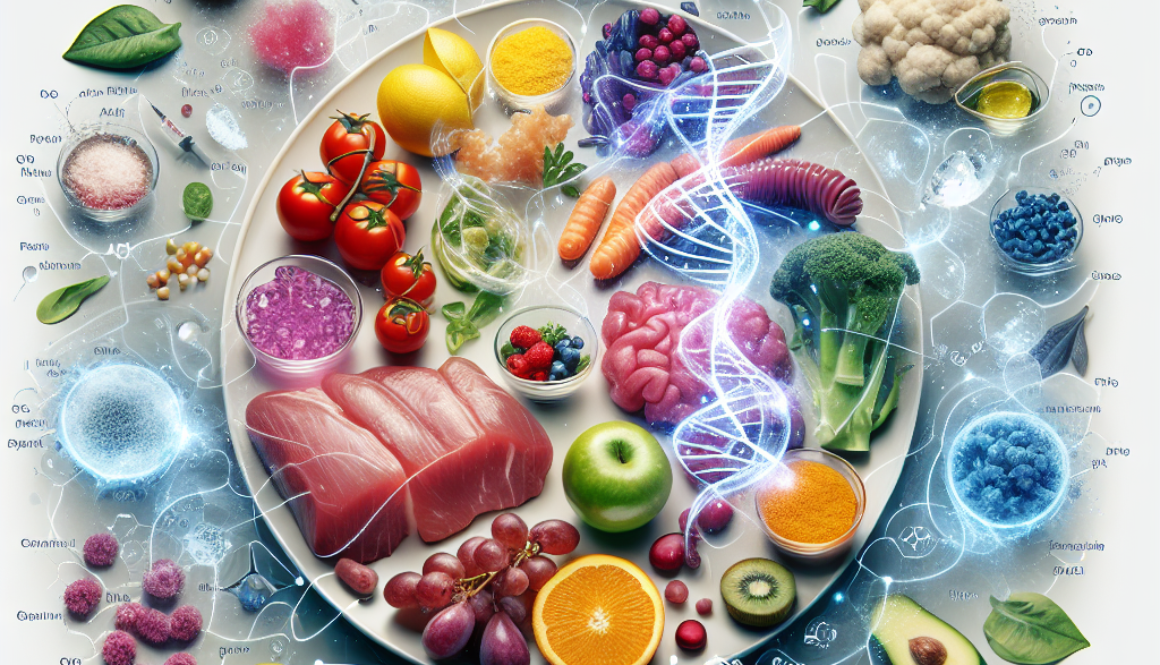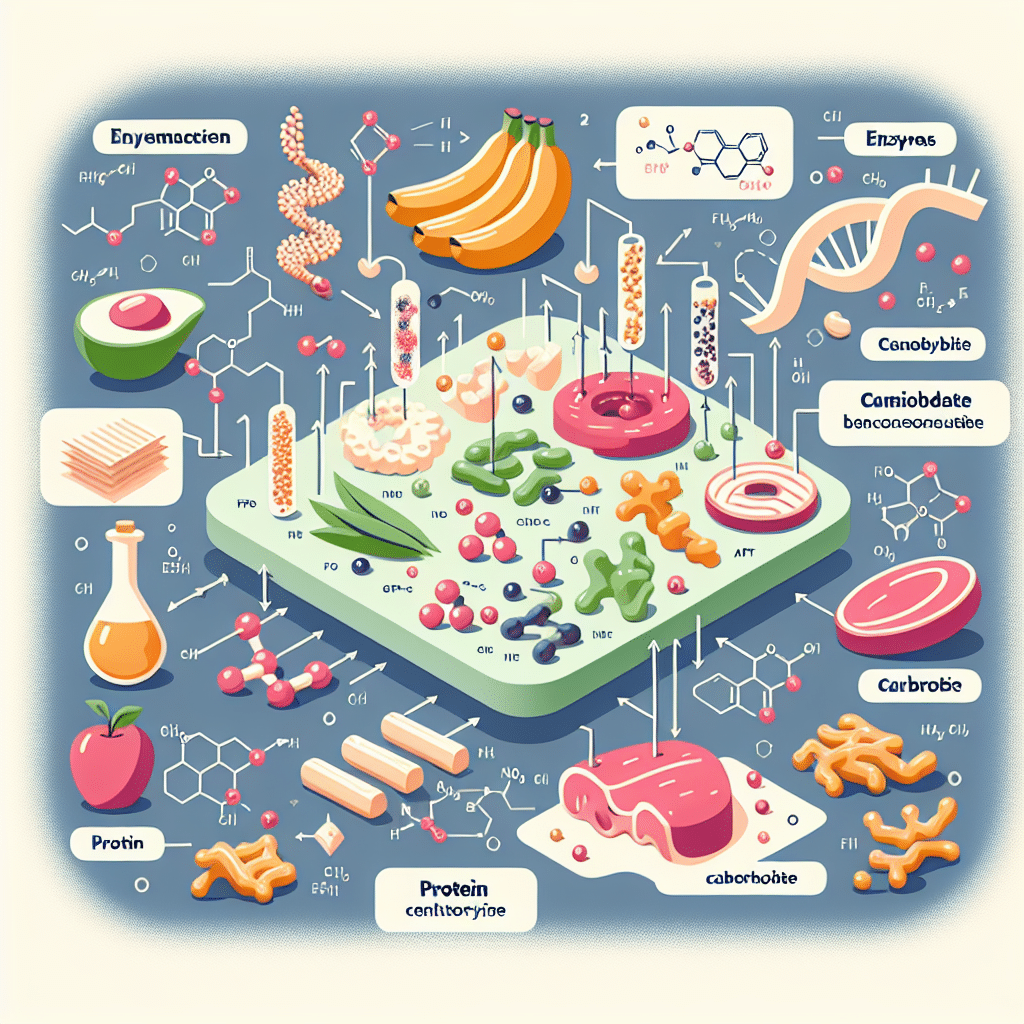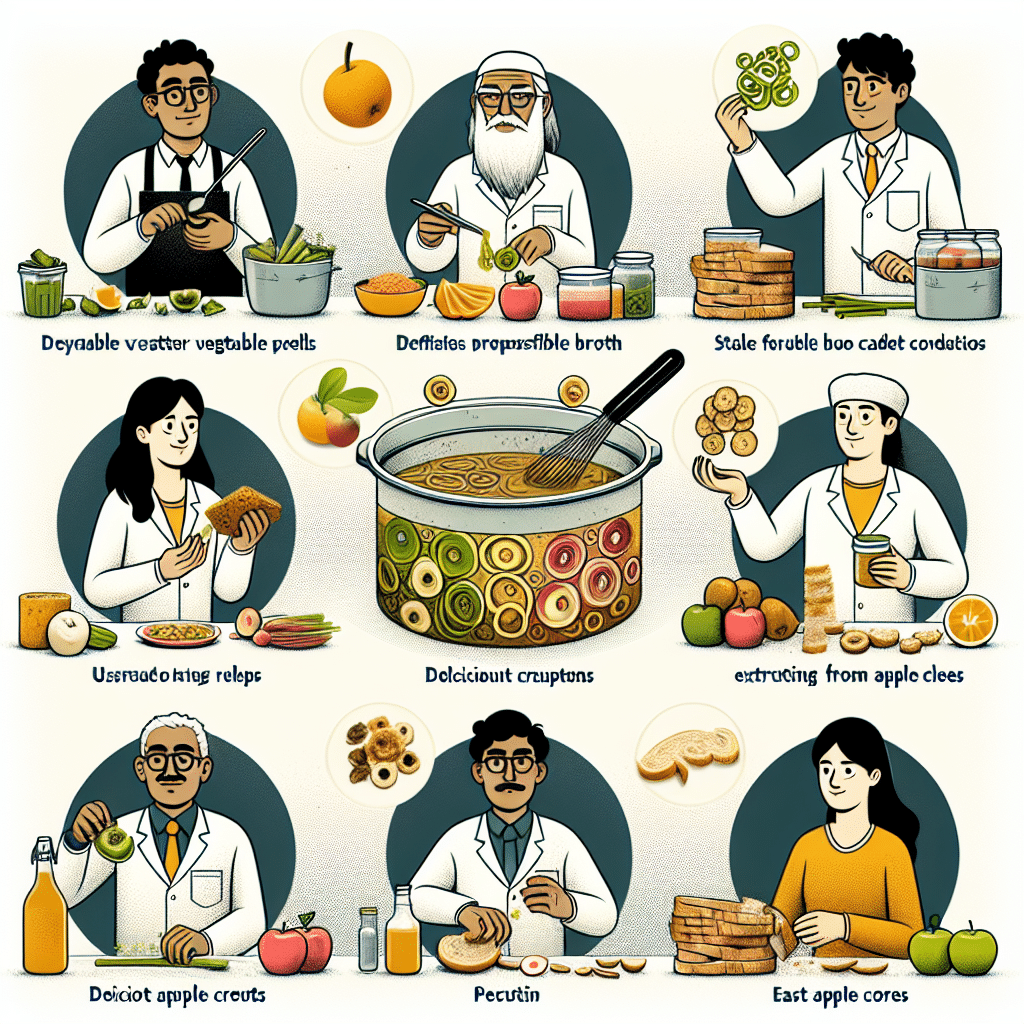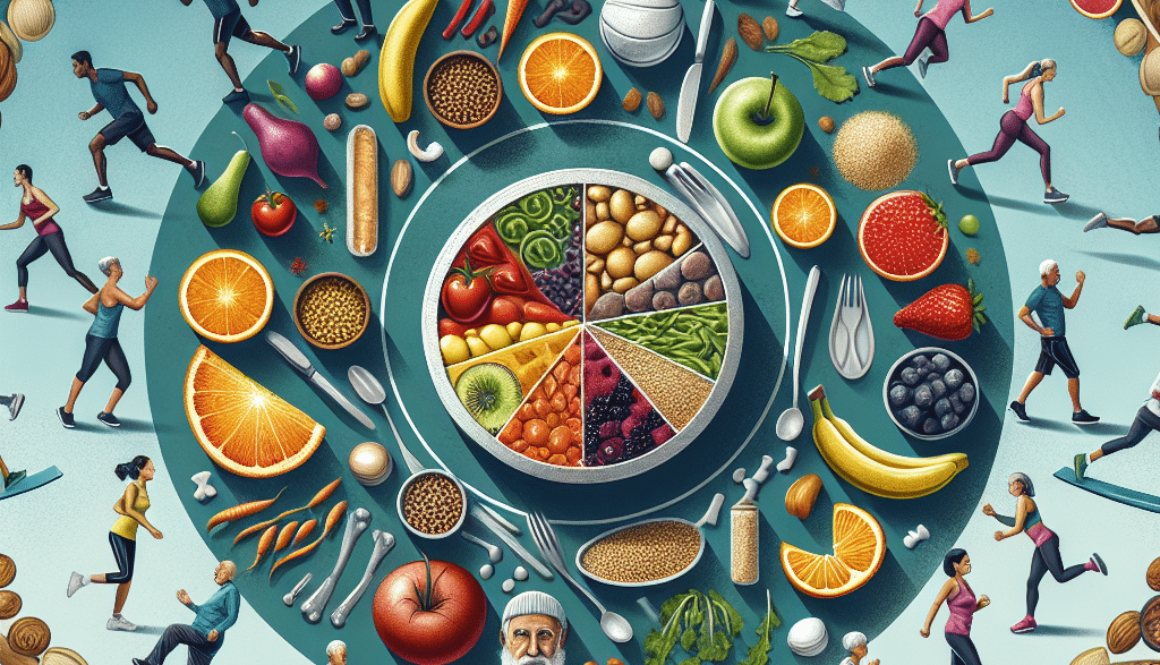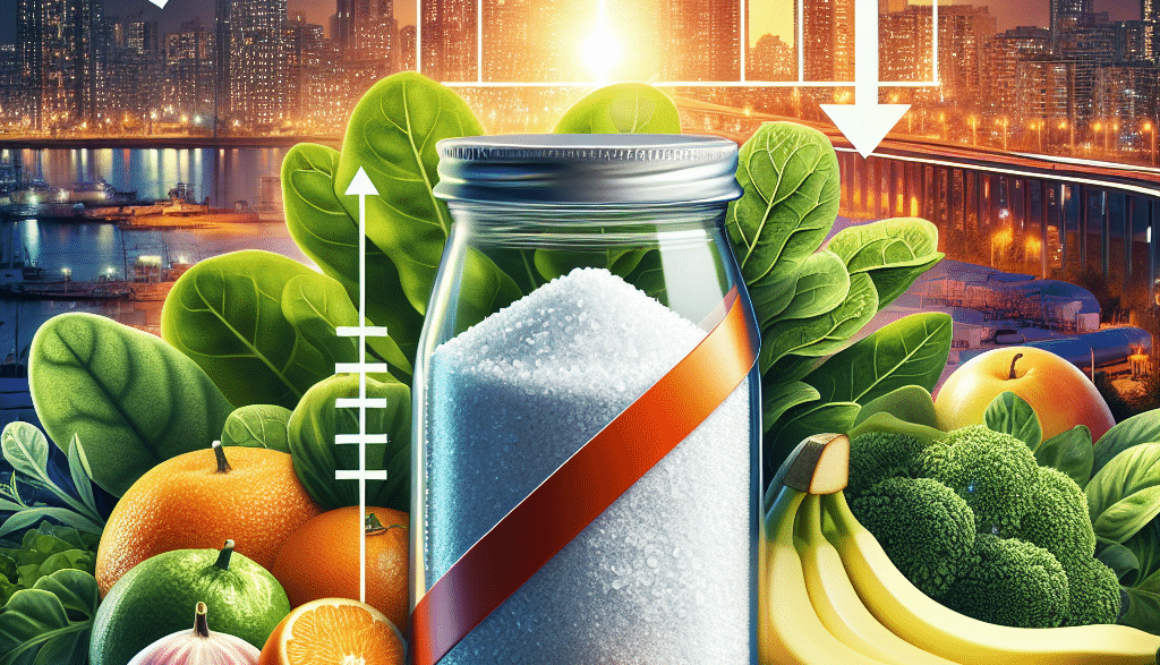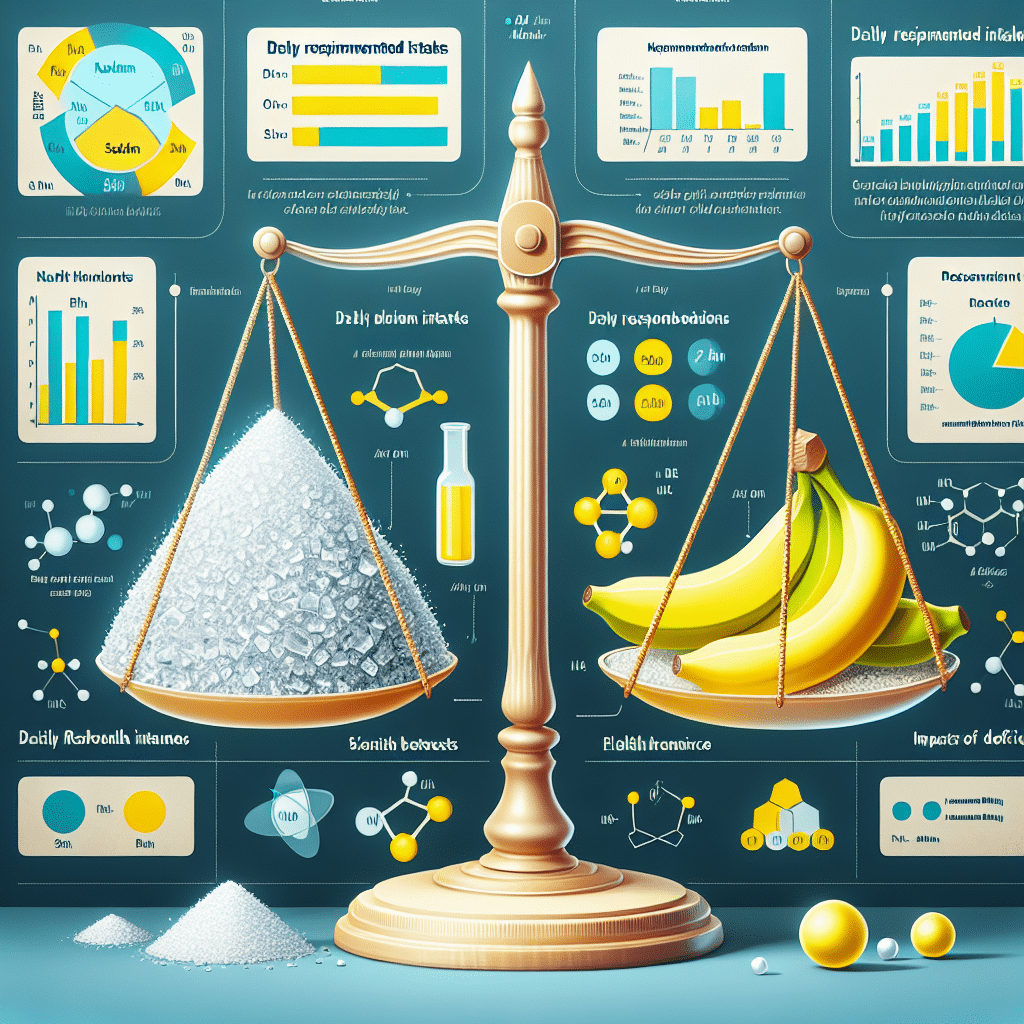Food Additives Part 2: Preservatives’ Role Discussed
-
Table of Contents
- Preservatives in Food: Understanding Their Crucial Role
- The Importance of Preservatives in Food
- Types of Preservatives and Their Functions
- Natural Preservatives
- Synthetic Preservatives
- Case Studies and Statistics: The Impact of Preservatives
- Controversies and Misconceptions Surrounding Preservatives
- Conclusion: Balancing Safety, Shelf Life, and Nutrition
- Discover ETChem’s Protein Products
Preservatives in Food: Understanding Their Crucial Role
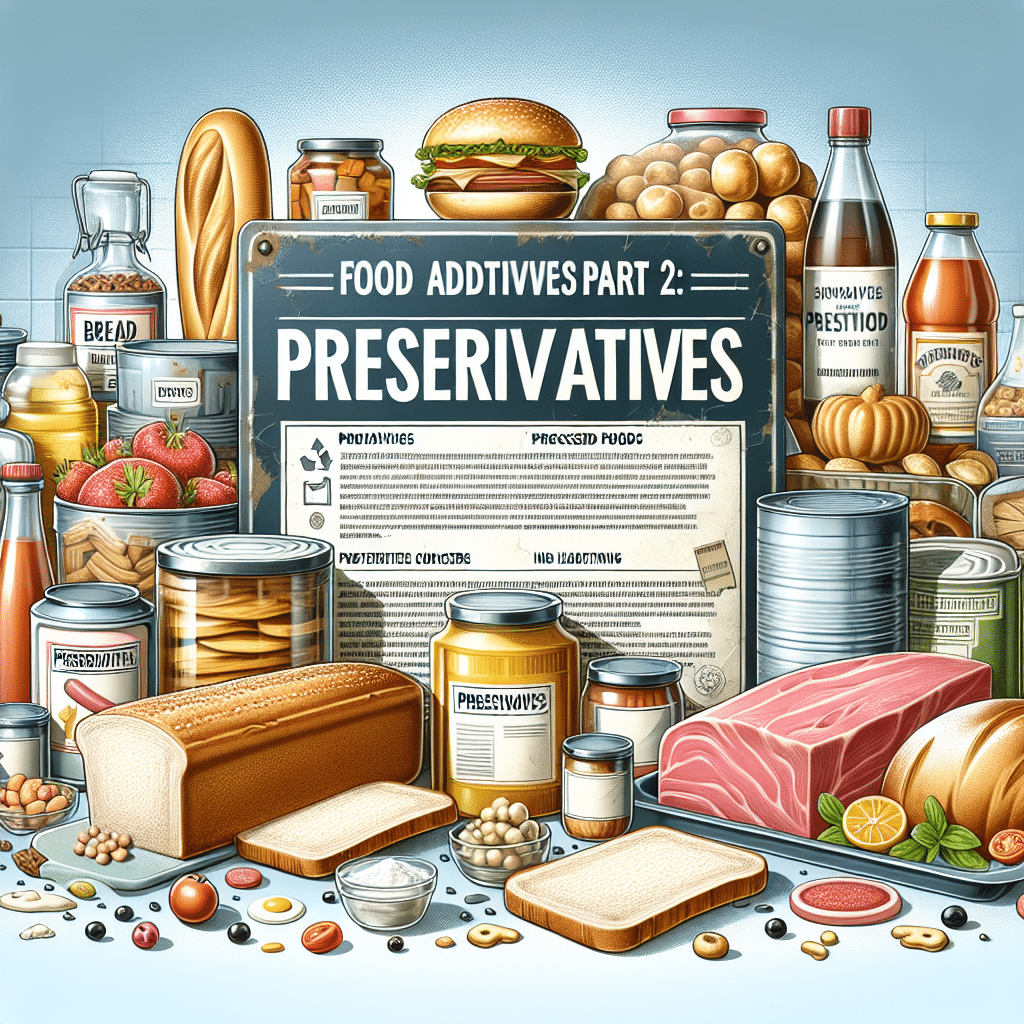
Food preservation has been a cornerstone of human civilization, allowing societies to store food for longer periods and prevent spoilage. With the advent of modern food processing, preservatives have become an integral part of our food supply. These substances, often misunderstood and sometimes controversial, play a vital role in maintaining food quality, safety, and longevity. This article delves into the world of food preservatives, examining their functions, types, and the impact they have on our daily consumption.
The Importance of Preservatives in Food
Preservatives serve several essential purposes in food production and storage. They are designed to:
- Prevent the growth of bacteria, molds, and yeasts that can cause foodborne illnesses.
- Extend the shelf life of products, reducing food waste and making food more accessible.
- Maintain the nutritional value of food by slowing down the degradation of vitamins and minerals.
- Keep the sensory qualities of food, such as taste, texture, and appearance, intact over time.
Without preservatives, many of the foods we take for granted would not be possible, and the incidence of food spoilage and related illnesses would likely increase.
Types of Preservatives and Their Functions
Preservatives can be classified into two broad categories: natural and synthetic. Each type has its own set of compounds that inhibit spoilage in different ways.
Natural Preservatives
Natural preservatives include substances like salt, sugar, vinegar, and various herbs and spices. These have been used for centuries to cure meats, pickle vegetables, and create jams and jellies. For example:
- Salt draws out moisture through osmosis, creating an environment inhospitable to microbial growth.
- Sugar, in high concentrations, also reduces water activity, preventing spoilage.
- Vinegar, with its acetic acid content, lowers pH and inhibits bacterial growth.
- Herbs and spices, such as rosemary and thyme, contain compounds with antioxidant and antimicrobial properties.
Synthetic Preservatives
Synthetic preservatives are chemically manufactured substances that often have a more targeted and potent effect. Some common synthetic preservatives include:
- Sorbates (e.g., potassium sorbate), which are effective against molds and yeasts.
- Benzoates (e.g., sodium benzoate), which are used to inhibit the growth of bacteria, yeasts, and molds, particularly in acidic foods.
- Nitrates and nitrites, which not only preserve color in cured meats but also prevent the growth of Clostridium botulinum, the bacteria responsible for botulism.
- Propionates (e.g., calcium propionate), which are commonly used in baked goods to prevent mold and bacterial growth.
These preservatives are rigorously tested and regulated to ensure they are safe for consumption at the levels used in foods.
Case Studies and Statistics: The Impact of Preservatives
Several studies have highlighted the effectiveness and necessity of preservatives in the food industry. For instance:
- A study on the shelf life of bread showed that the use of calcium propionate as a preservative could significantly reduce mold growth, thereby extending shelf life and reducing waste.
- Research on the use of nitrates and nitrites has demonstrated their critical role in preventing botulism in cured meats, a potentially fatal foodborne illness.
Statistics also reveal the broader impact of preservatives on public health and the economy:
- The Centers for Disease Control and Prevention (CDC) estimates that each year roughly 1 in 6 Americans (or 48 million people) get sick from foodborne diseases, partly due to the absence or failure of proper preservation techniques.
- According to the Food and Agriculture Organization (FAO), approximately one-third of all food produced for human consumption is lost or wasted globally, amounting to about 1.3 billion tons per year. Effective use of preservatives can help reduce this staggering figure.
Controversies and Misconceptions Surrounding Preservatives
Despite their benefits, preservatives are often the subject of controversy. Concerns about potential health effects have led to increased demand for preservative-free foods. However, it’s important to consider that:
- Preservatives are subject to strict safety evaluations by regulatory bodies like the U.S. Food and Drug Administration (FDA) and the European Food Safety Authority (EFSA).
- The “clean label” movement, while well-intentioned, may not always result in safer or healthier products. In some cases, removing preservatives can shorten shelf life and increase the risk of spoilage and contamination.
- Many fears surrounding preservatives are based on studies that do not reflect real-world consumption levels or conditions. The doses used in some animal studies, for example, are often much higher than what humans would consume.
Conclusion: Balancing Safety, Shelf Life, and Nutrition
Preservatives play a critical role in ensuring the safety, shelf life, and nutritional quality of our food. While natural preservatives have been used for centuries, synthetic preservatives offer potent and targeted protection against spoilage and foodborne pathogens. The use of preservatives is a complex balance between safety, efficacy, and consumer preferences. As research continues to evolve, so too will the strategies for preserving our food in the safest and most effective ways possible.
Discover ETChem’s Protein Products
For those interested in high-quality protein products, ETChem offers a range of collagen-based options. Their products are ideal for various applications, including nutraceuticals, pharmaceuticals, and food and beverage industries. With a focus on quality and customer satisfaction, ETChem’s protein offerings are an excellent choice for businesses looking to enhance their product lines with reliable and effective ingredients.
About ETChem:
ETChem, a reputable Chinese Collagen factory manufacturer and supplier, is renowned for producing, stocking, exporting, and delivering the highest quality collagens. They include marine collagen, fish collagen, bovine collagen, chicken collagen, type I collagen, type II collagen and type III collagen etc. Their offerings, characterized by a neutral taste, instant solubility attributes, cater to a diverse range of industries. They serve nutraceutical, pharmaceutical, cosmeceutical, veterinary, as well as food and beverage finished product distributors, traders, and manufacturers across Europe, USA, Canada, Australia, Thailand, Japan, Korea, Brazil, and Chile, among others.
ETChem specialization includes exporting and delivering tailor-made collagen powder and finished collagen nutritional supplements. Their extensive product range covers sectors like Food and Beverage, Sports Nutrition, Weight Management, Dietary Supplements, Health and Wellness Products, ensuring comprehensive solutions to meet all your protein needs.
As a trusted company by leading global food and beverage brands and Fortune 500 companies, ETChem reinforces China’s reputation in the global arena. For more information or to sample their products, please contact them and email karen(at)et-chem.com today.

